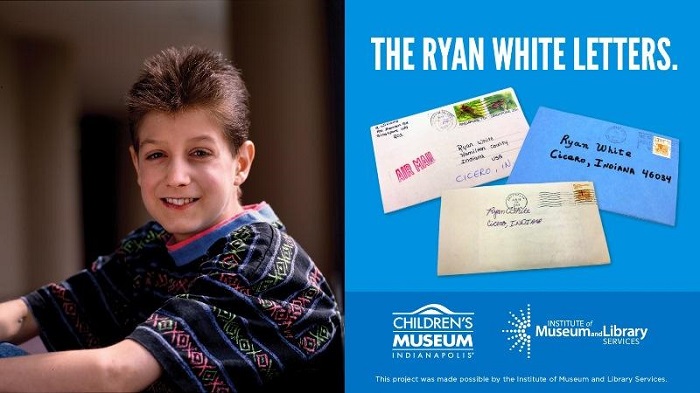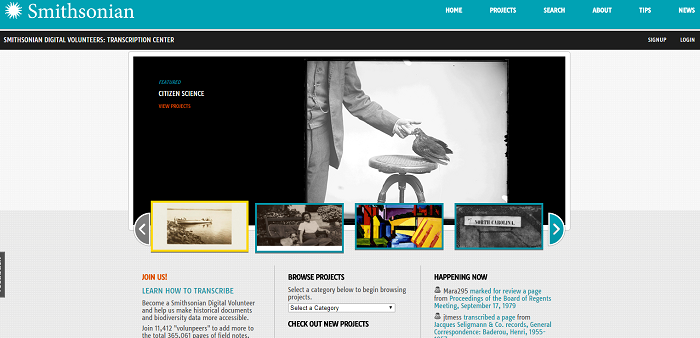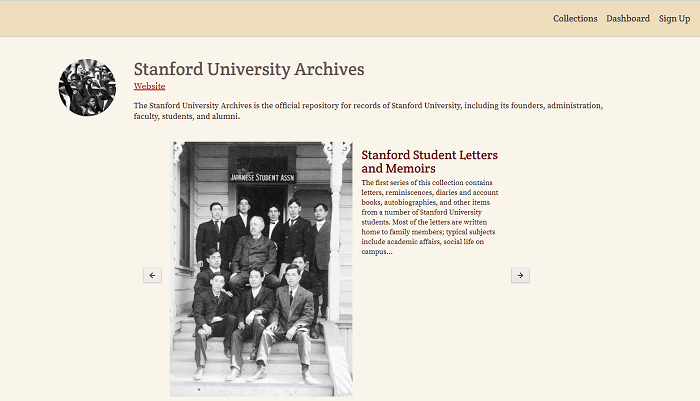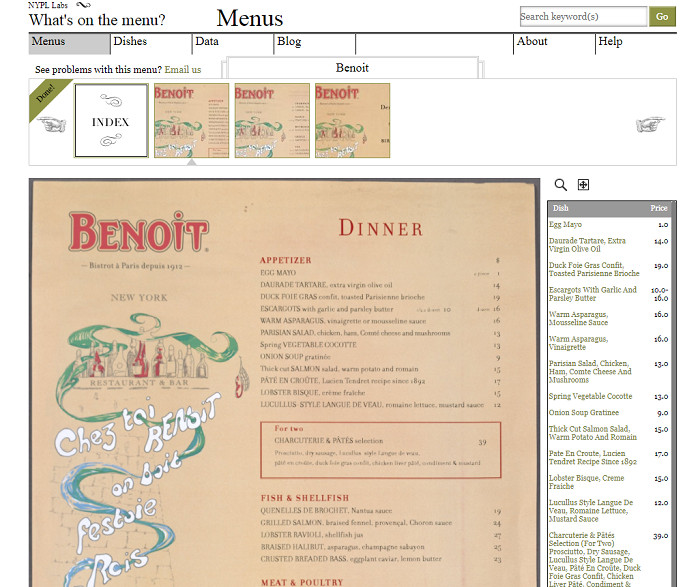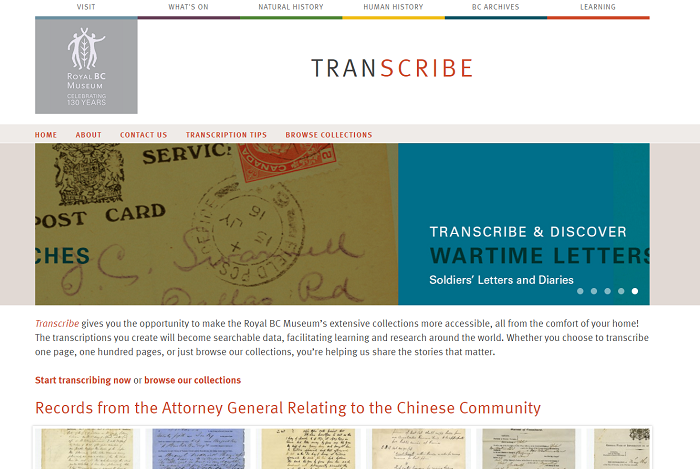This month is Preservation Month (https://savingplaces.org/) and while much of the focus is on the preservation of historic places, the IU East Campus Archives would like shine a light on the preservation of historic documents and how you can get involved with preserving history from the comforts of your couch, desk, bed, or wherever you have access to a computer. Museums, historical societies, libraries, and other heritage sites often have a lot of paper collections that need to be transcribed and made available, but not a lot of funding, time, or staff to go through them all, at least not quickly. However, now thanks to the internet, social media, and other evolving technologies, many of these places are crowdsourcing for help with transcribing these materials. Transcription allows these documents and artifacts to be easily readable and searchable, therefor accessible, to researchers. You don’t have to be a history buff or an English major to do this, just a willingness to dig into some letters, diaries, log books, menus, etc. and do your best to decipher the writing. In some instances, you may be helping out with reviewing other transcriptions for quality control. It’s easy to do too. You sign up, they give you a very short list of directions, and you pick the project that interests you and you start. You can work at any time for as long as you like. So, if this sounds interesting to you and you have some free time on your hands, this is a fun and rewarding way to volunteer from the comfort of your home. Listed below are just a few of many places that need help with transcription. Questions? Ask Us! Liblearn@iue.edu
The Ryan White Letters Project – The Children’s Museum of Indianapolis
What are the Ryan White Letters?
https://ryansletters.childrensmuseum.org/
Smithsonian Digital Volunteers: Transcription Center
Not matter your area of study or interests, the Smithsonian has thousands of historical and biodiversity data from documents of all different topics from all different eras from all of their museums. You can choose which project you want to transcribe on.
Citizen Archivist- National Archives (U.S.)
With the help of virtual volunteers, the National Archives are increasing online access to their historical records. You can help crowdsource metadata and information about their records through tagging, transcribing and adding comments in the National Archives Catalog.
https://www.archives.gov/citizen-archivist
Stanford University Archives
The Stanford University Archives launched their crowdsourcing transcription project just last fall. They are featuring 8 collections for transcription, including one about the 1906 earthquake and fire, Student life, Stanford faculty, and letters from both WWI and WWII.
https://www.fromthepage.com/stanforduniversityarchives
What’s On the Menu? – The New York Public Library
Love food? Love restaurants and checking out menus? Here is the volunteer transcription gig for you. Currently, they have no new menus needing transcription work, but they do need help reviewing some of the recently transcribed menus by checking for typos and fixing prices. Keep on the lookout though, they continue to digitize menus and add them here for transcription.
With approximately 45,000 menus dating from the 1840s to the present, The New York Public Library’s restaurant menu collection is one of the largest in the world, used by historians, chefs, novelists and everyday food enthusiasts.
Royal BC Museum Archives (Canada)
Like the Smithsonian and our National Archives, the Royal BC Museum is one of Canada’s largest repositories of historical documents and artifacts. Many of their current projects needing transcription are diaries, letters, and scrapbooks of various families and soldiers from WWI.


